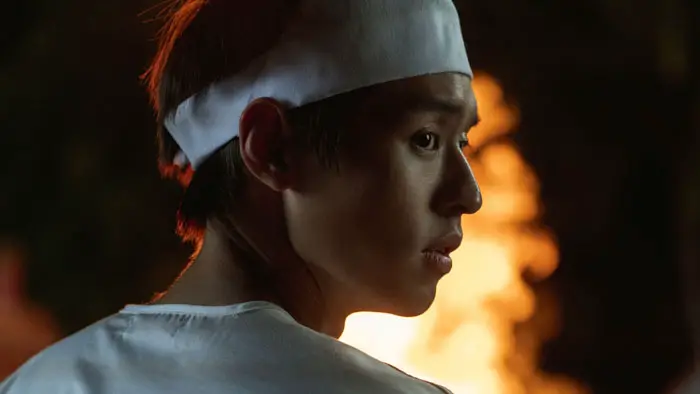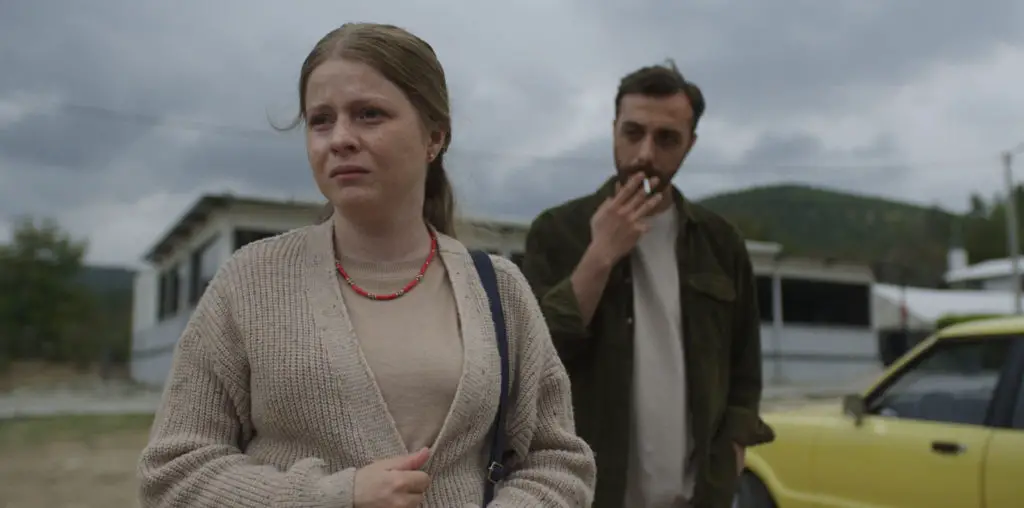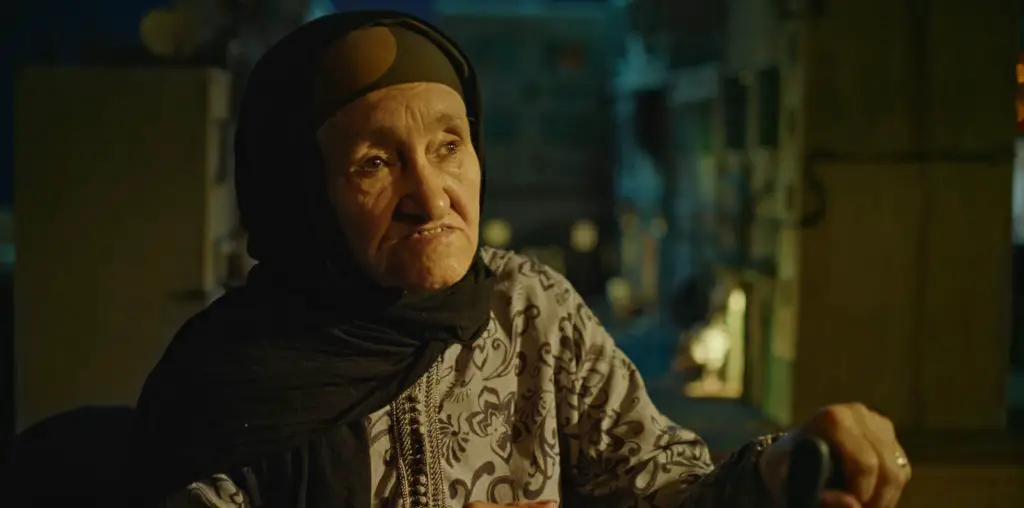
NOW IN THEATERS! Writer-director Pat Boonnitipat’s feature Thai debut, How to Make Millions Before Grandma Dies, brims with wisdom and insight, its grim subject matter counterbalanced by comedy both acerbic and gentle. You may know where this story is going, but the journey will still break your heart. With half an hour trimmed off, this film could’ve been a little masterpiece; as it stands, it’s a meditative, if at times maudlin, treatise on death and generational differences.
Upon the news that Grandma Amah (Usha Seamkhum) has a year or less to live, M (Putthipong Assaratanakul) quits his job and starts looking after her, intending to inherit her money. He’s not the only one; uncles Kiang (Sanya Kunaforn) and Soei (Pongsatorn Jongwilas) start visiting her, too. “What’s with the visits from you all?” she questions suspiciously early in the film, unaware of her affliction. She’s difficult to please, grumpy, and distrusting. But there’s a sadness to her, too, a resentment stemming from years of being neglected.
Despite being told not to, M finally discloses her illness to Amah somewhat dispassionately. While his true motivations remain a tad murky, a bond begins to grow between the two. He brings her food, takes her to chemotherapy, and bathes her. They sleep together under a mosquito net in a touching scene. Right before Amah loses her hair, he uses an app to make her look young, vibrant, and beautiful again.

“Right before Amah loses her hair, he uses an app to make her look young, vibrant, and beautiful again.”
It’s moments like that that add verisimilitude and poetry to what could have easily been an unbearably sappy ordeal to sit through. In one sequence, for example, a bunch of adults sit around Grandma and argue until the youngest member of the family, a little girl, stops everyone in their tracks by telling Amah the sweetest thing.
Childhood naïveté and kindness are contrasted against the deviousness and ignorance of young adulthood and the wisdom of old age. With age, you begin to understand how your elders felt at certain crucial points. Boonnitipat particularly nails that point, demonstrating that we only truly start to pay attention to our parents when we become aware of their imminent death; why can’t the same retrospective thoughts be processed before? Why can’t the same deep conclusions occur while they’re still alive and well?
The filmmaker showcases the apathy of the younger generation and the sardonic wit of the older one through frequent hilarious exchanges between the protagonists. The dialogue is biting, crisp, smart, and frequently heartbreaking. It’s disappointing, then, that the narrative drags in places, particularly in the middle stretch. Brevity is key here; it all just becomes too much. There’s a lot to savor in this dramedy… if you’re up for watching someone wither away for two hours.

"…there’s a lot to savor… if you’re up for watching someone wither away for two hours..."


